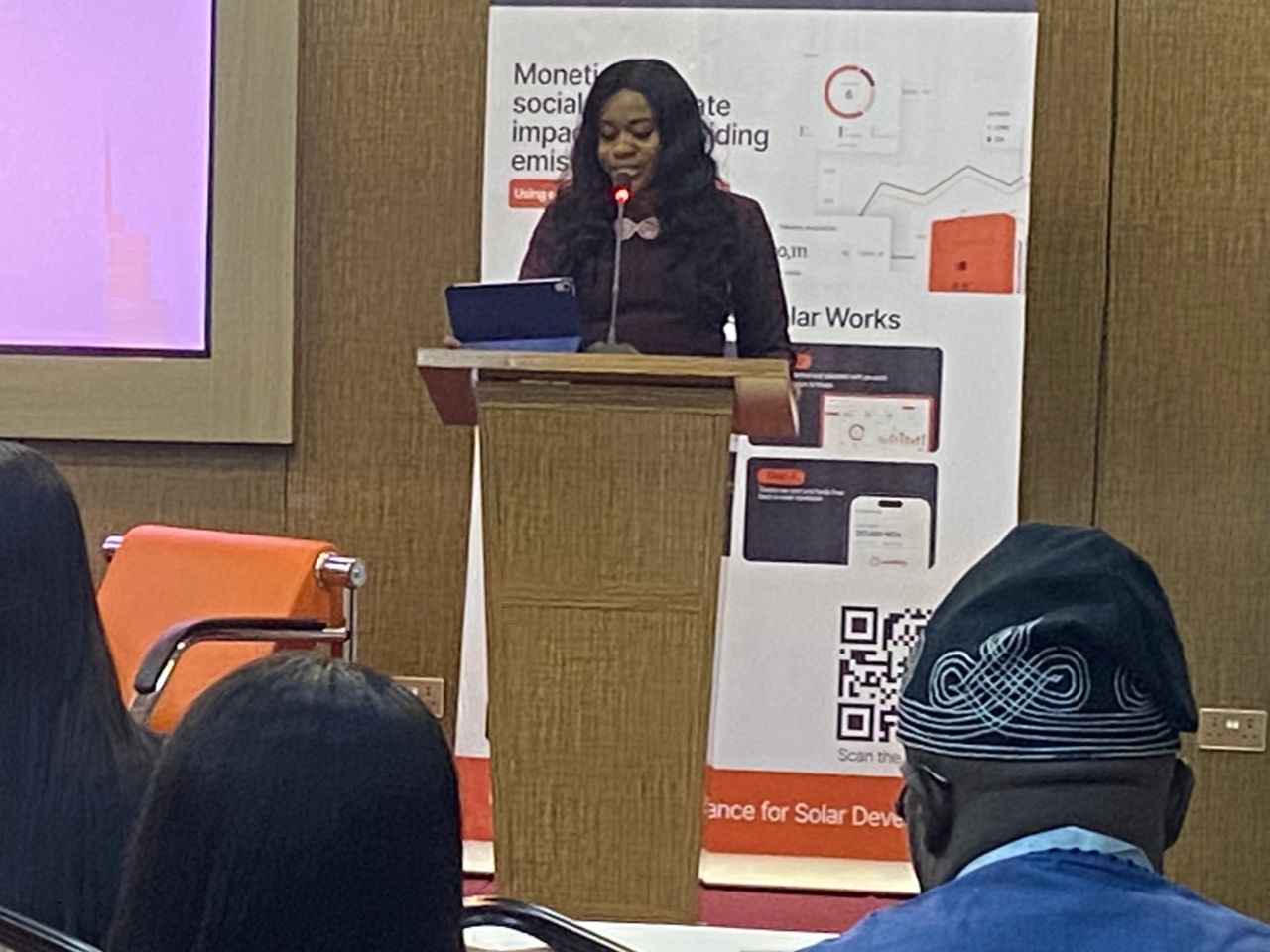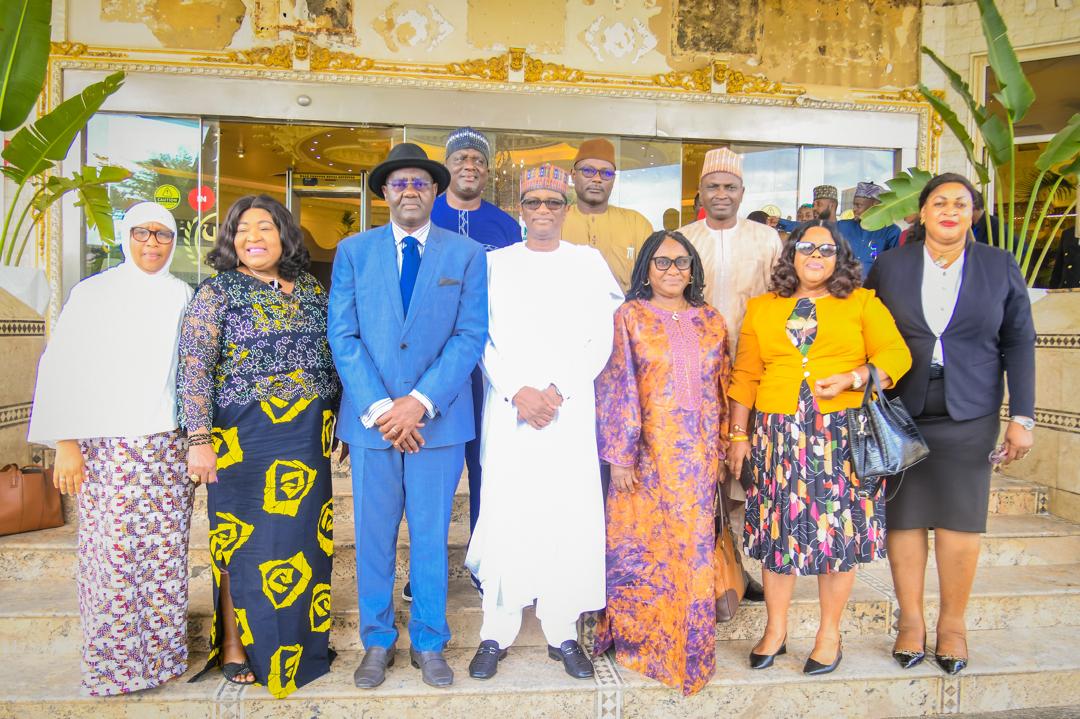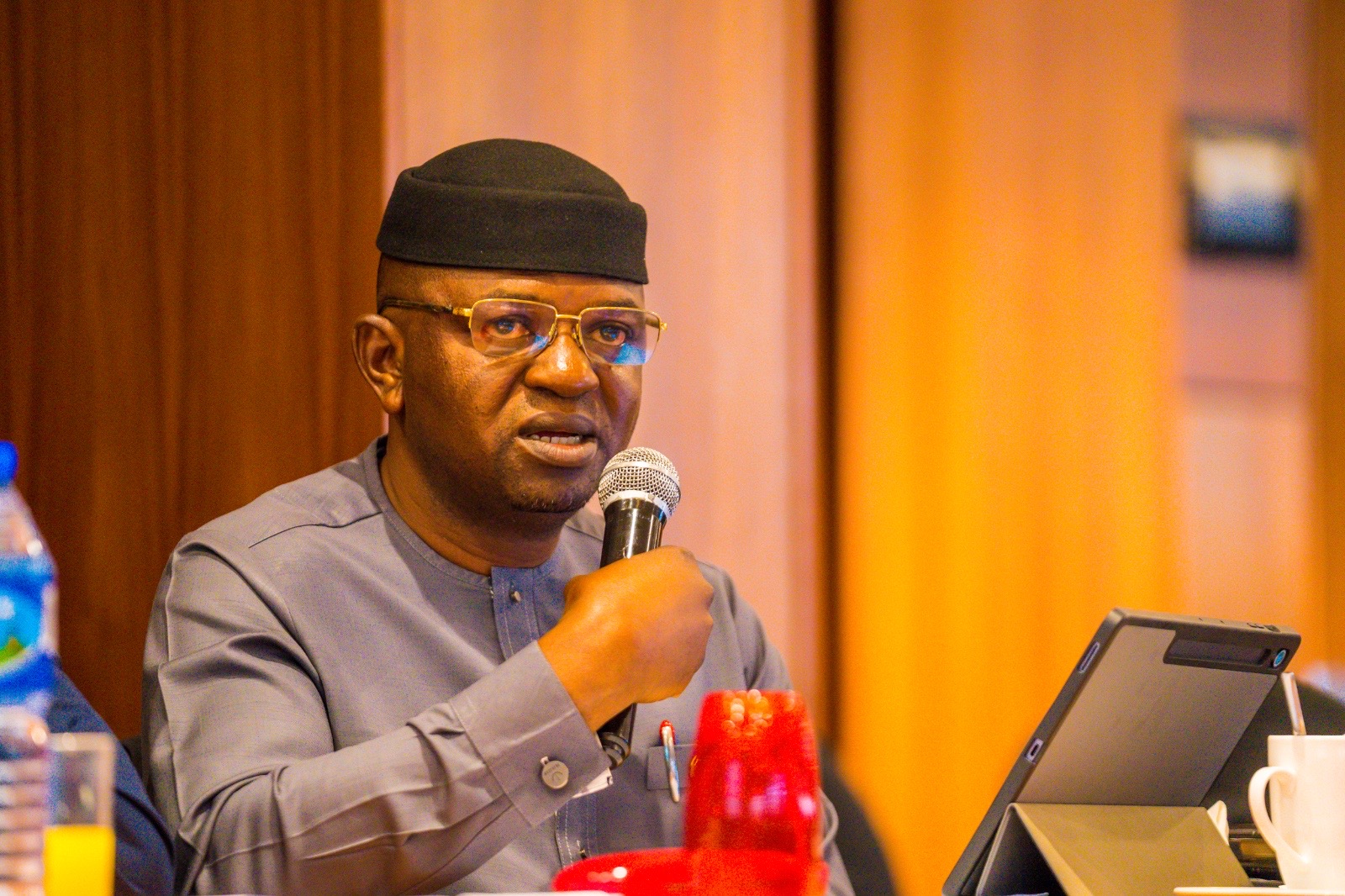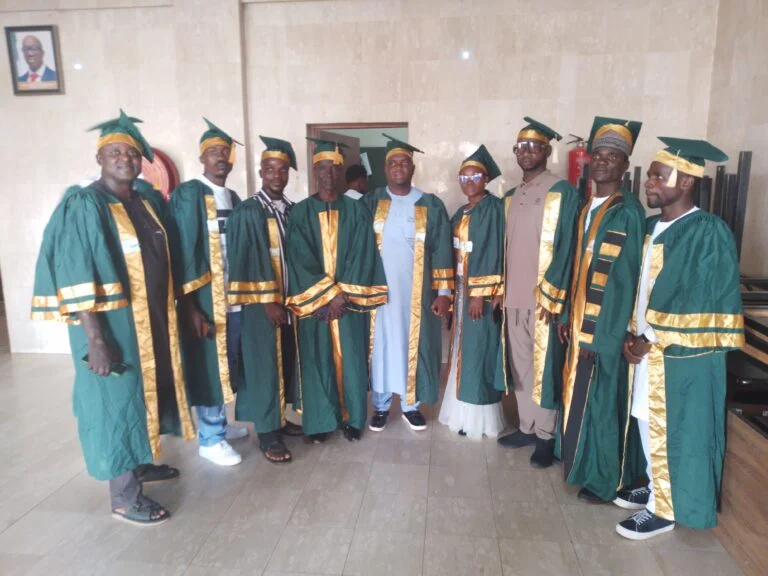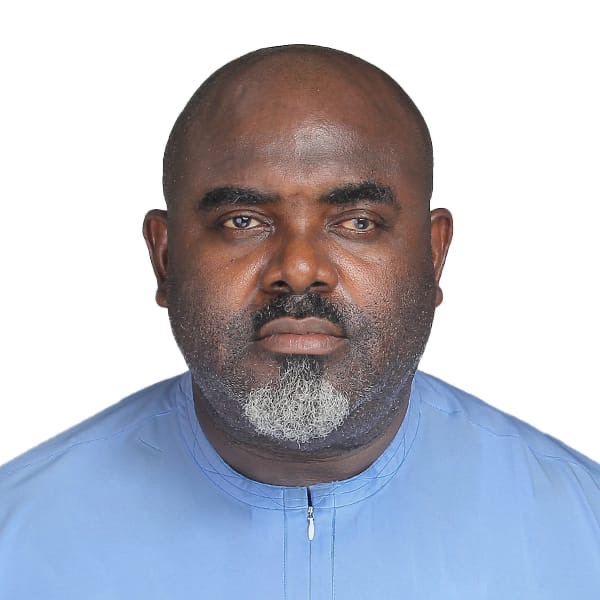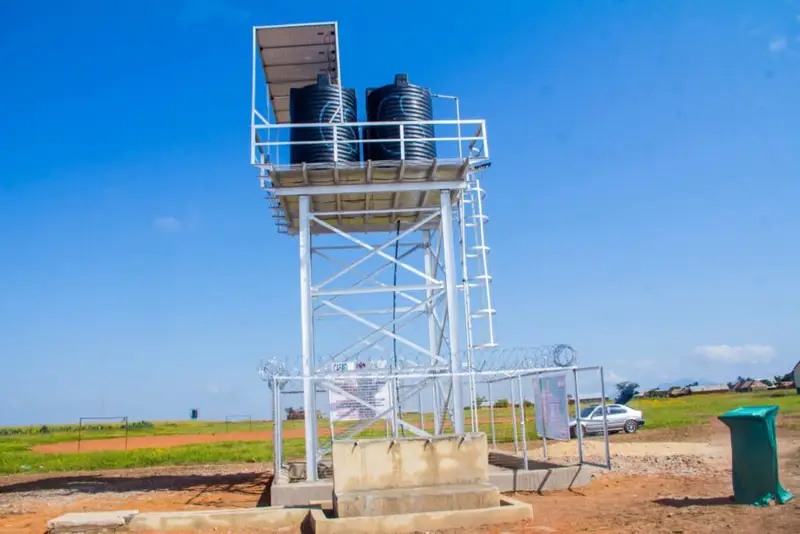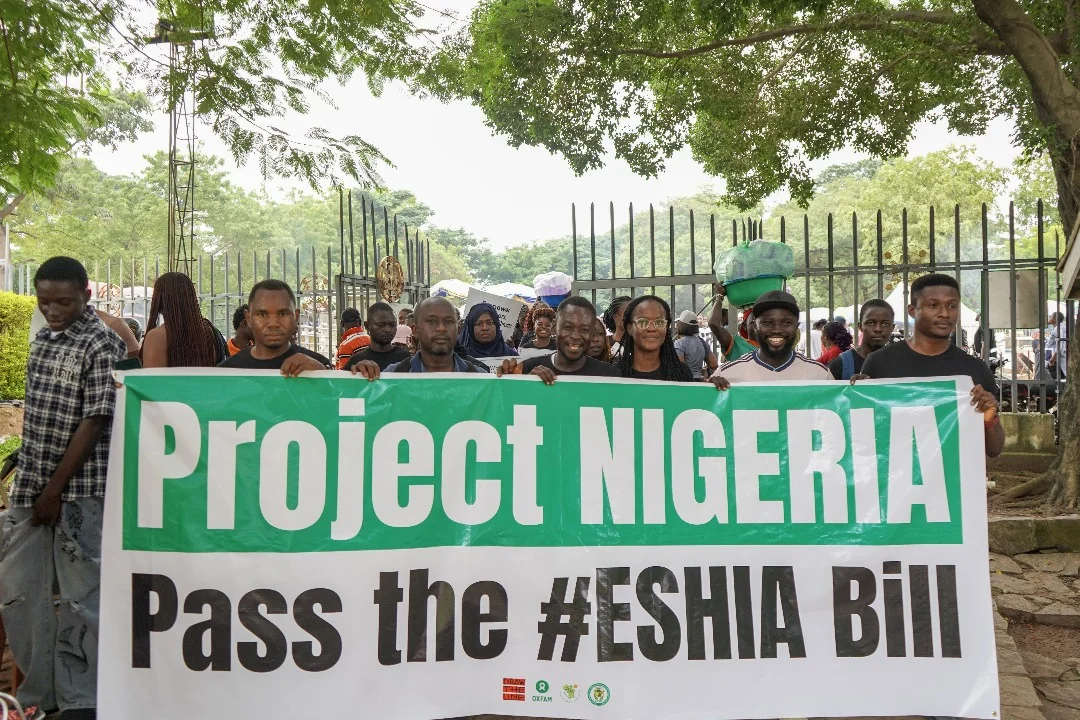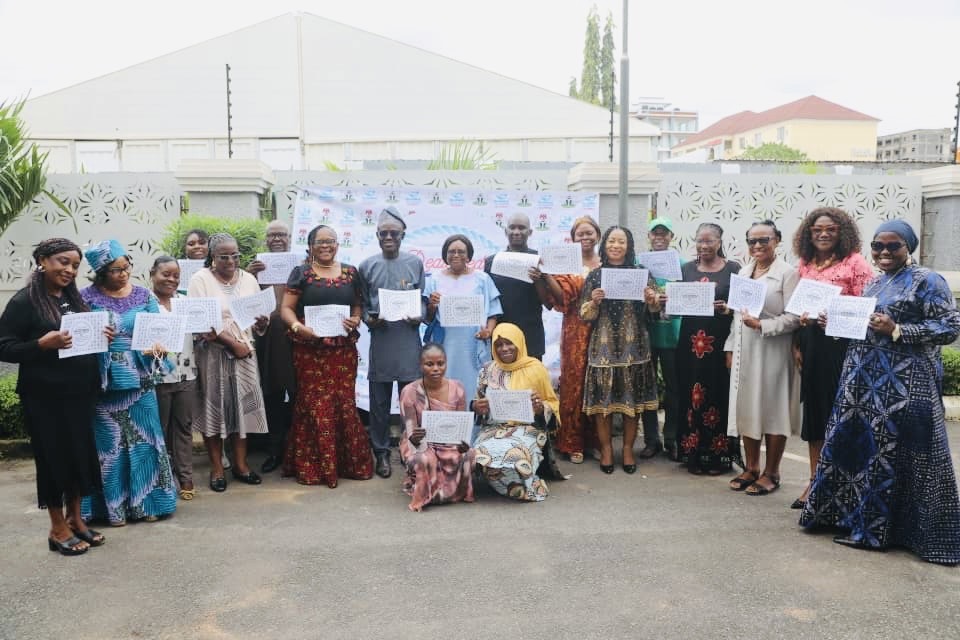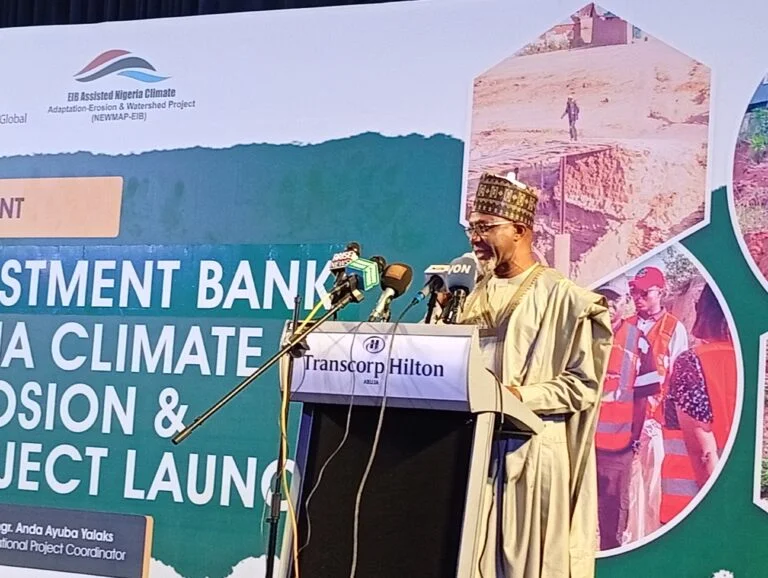Firm unveils platform to unlock climate financing in Nigeria
By Fortune Abang Vectar Energy, a climate technology company, has unveiled its maiden flagship digital “ecoWise” platform to convert solar data into real capital by unlocking climate finance through carbon credits. Deborah Fadeyi, Chief Executive Officer of Vectar Energy, disclosed this in her keynote address during inauguration of the ecoWiseContinue Reading








